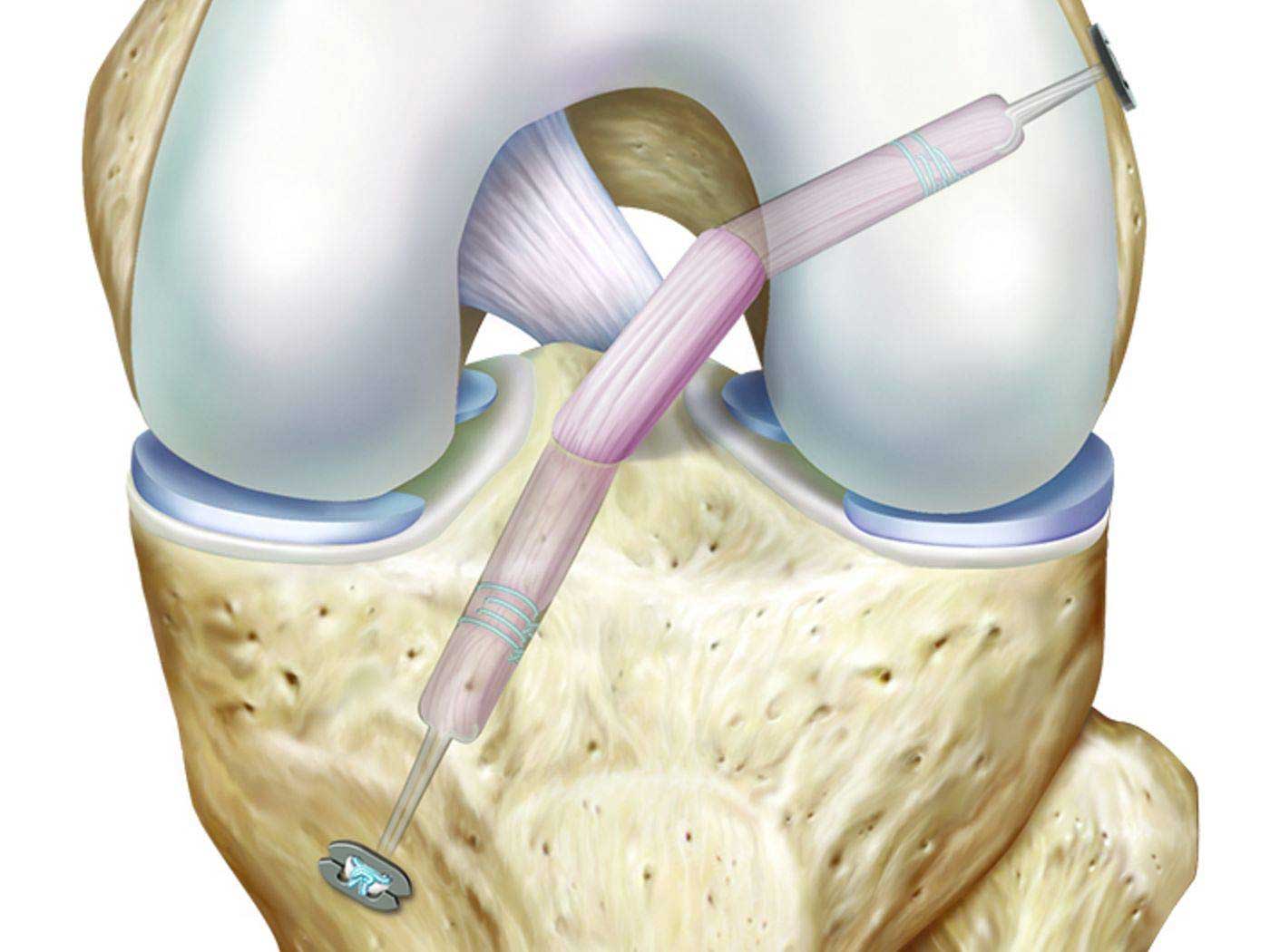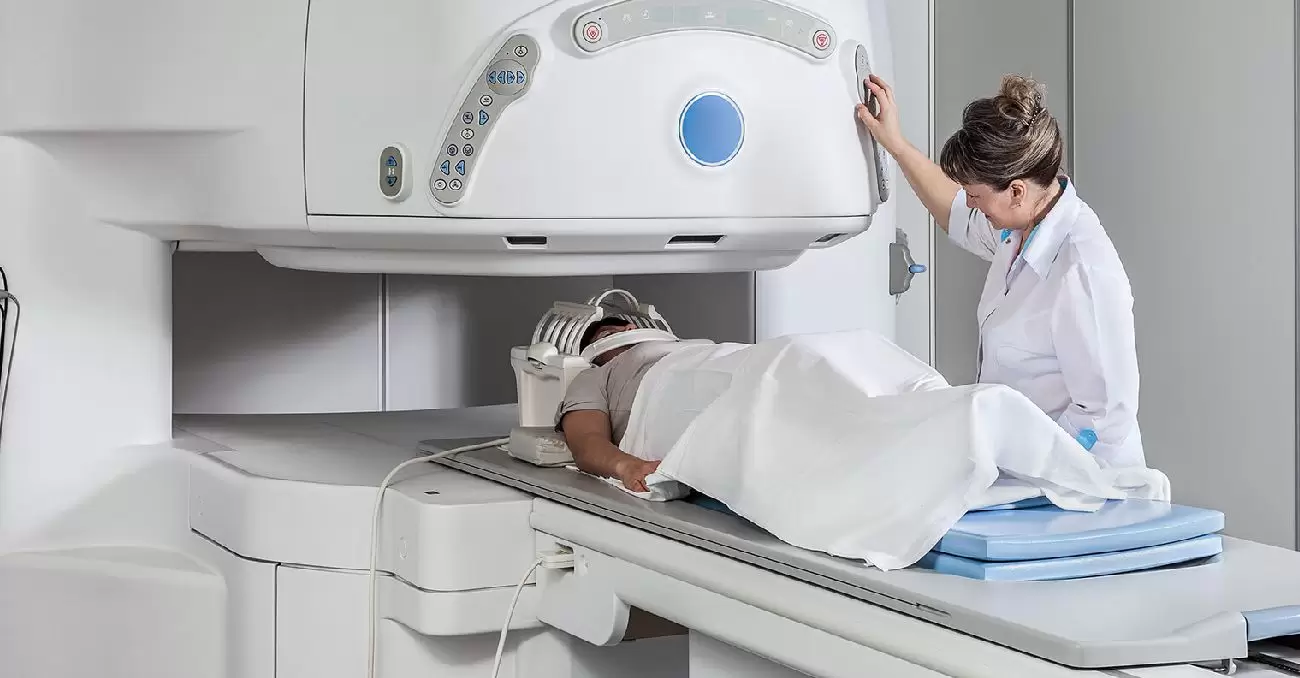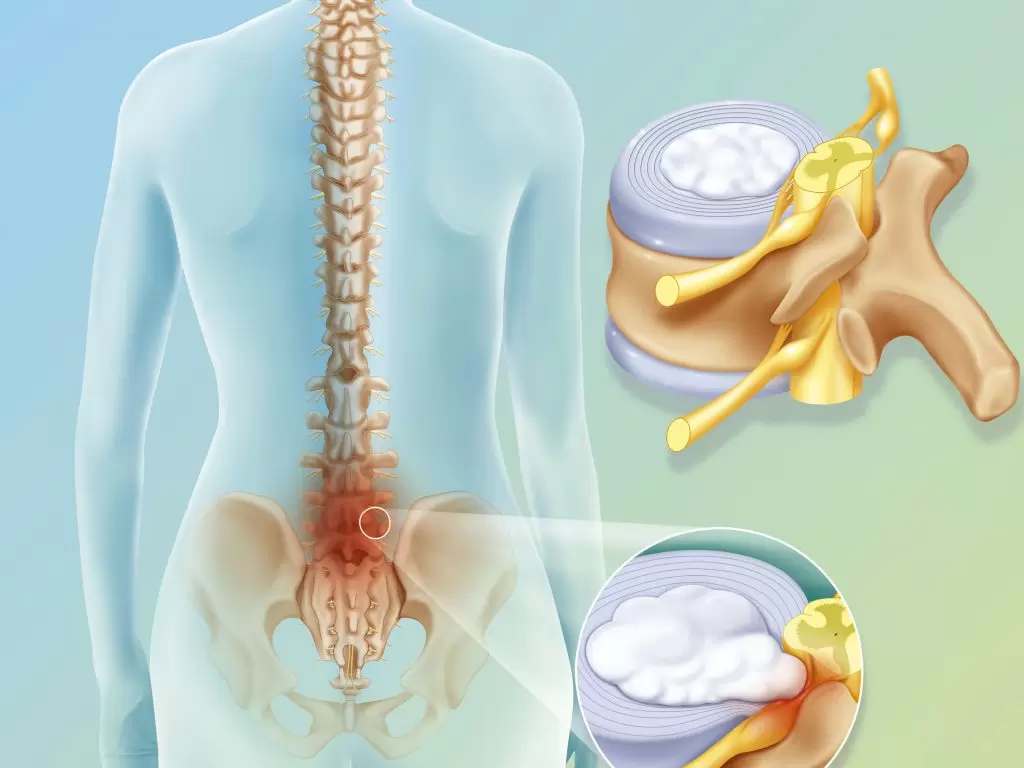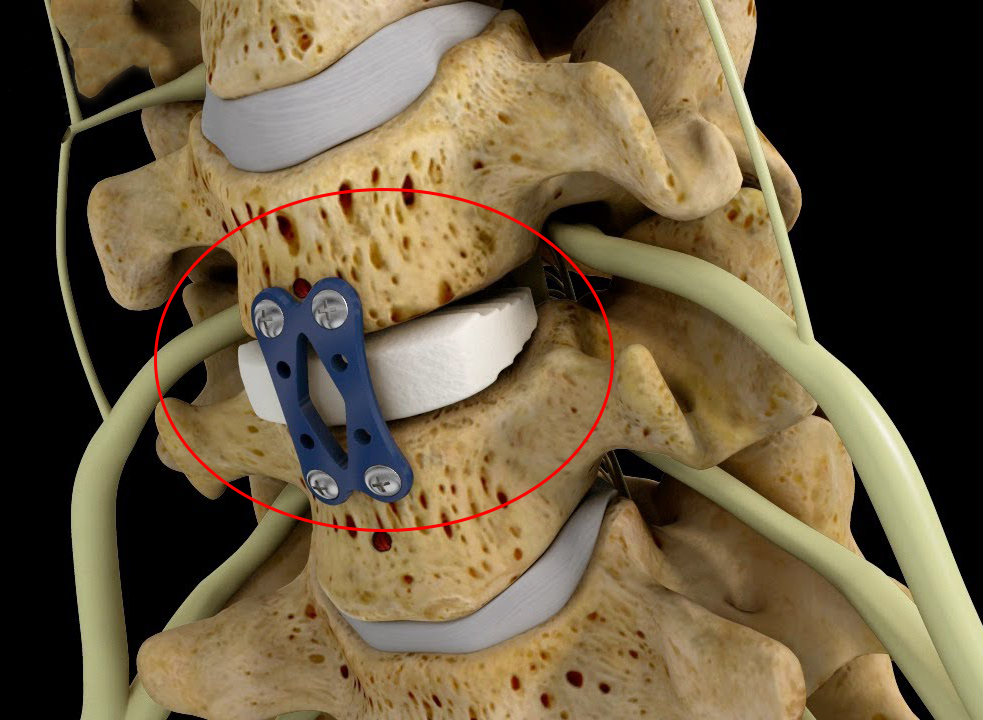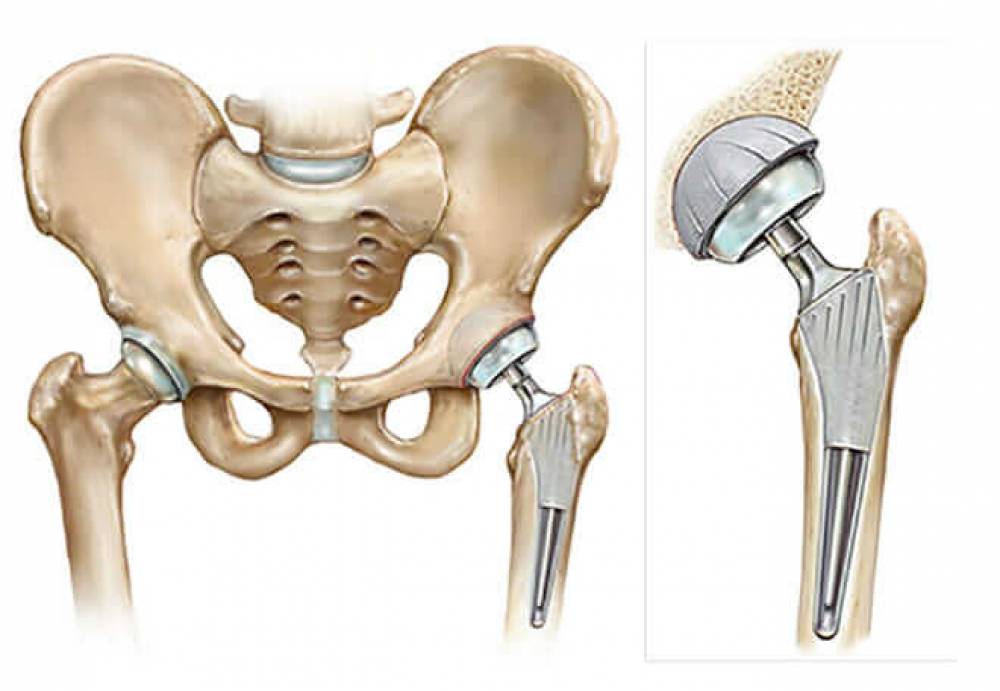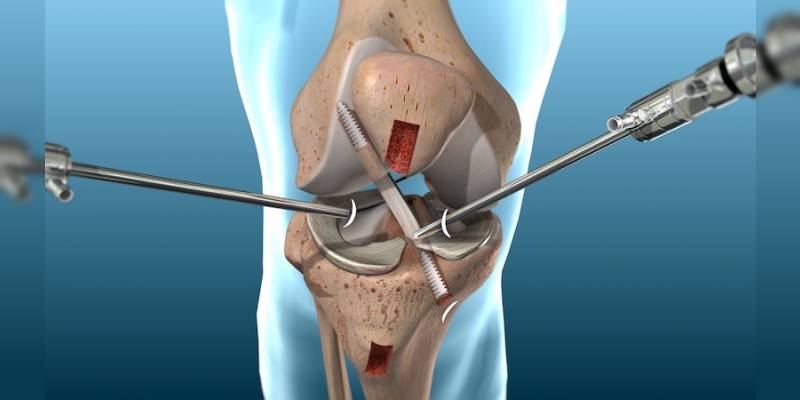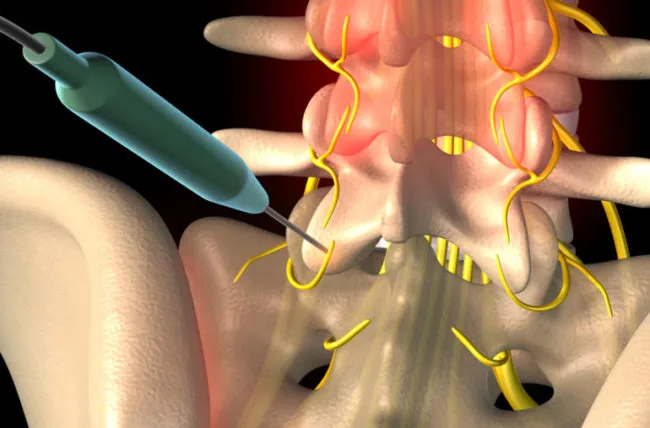How Much Does Hip Replacement Surgery Cost in Egypt? And What Are the Indications for the Procedure?
How Much Does Hip Replacement Surgery Cost in Egypt? The cost of hip replacement surgery in Egypt is one of the questions that many orthopedic patients consider when undergoing such a procedure. In the following paragraphs, we will discuss the main reasons why a patient may need to undergo the procedure, the steps involved in the surgery, and the best doctor to trust for the operation, along with the complete financial cost required.
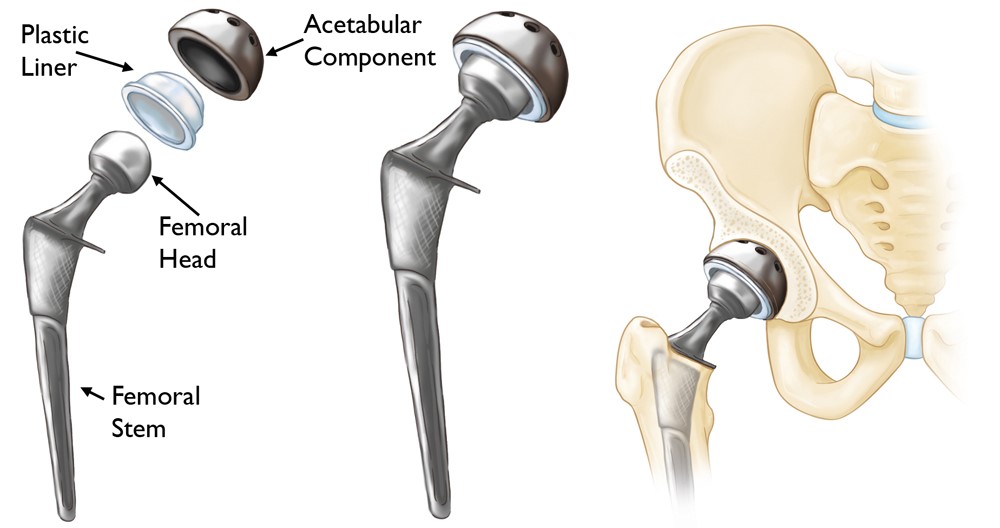
How Much Does Hip Replacement Surgery Cost in Egypt?
We always offer a permanent solution to the pain and limitations you are experiencing. With our deep expertise in hip replacement and hip care, we can provide professional care and modern surgical techniques to achieve excellent results.
Patients suffering from hip joint problems are often concerned about the cost of hip replacement surgery, as it is considered the last resort to relieve pain and discomfort that has persisted for years. The cost of hip replacement surgery in Egypt varies depending on several factors that influence the price. In general, the cost of hip replacement surgery ranges from 150,000 to 200,000 Egyptian pounds, depending on the current pricing trends. It’s worth noting that Egypt is known for providing this service at low prices with high efficiency compared to other countries in the region.
What Are the Indications for Hip Joint Replacement with an Artificial One?
First, let’s understand the importance of the hip joint, as it plays a crucial role in bearing a significant portion of the body’s weight. Therefore, any problem in the hip joint can be a source of discomfort, pain, and concern for most individuals. People facing issues such as hip joint wear and tear, rheumatoid arthritis joint pain, dislocation, or fracture may require hip joint replacement with an artificial one. In such cases, the patient’s health condition may necessitate undergoing hip replacement surgery to alleviate daily pain and regain the freedom of movement they once enjoyed.
There are several indications that may require hip joint replacement, including:
- Stiffness in the hip joint limiting mobility.
- Severe pain that prevents daily activities.
- Ineffectiveness of strong pain relievers or physical therapy in improving the patient’s condition.
- Continuous pain even during sleep or rest.
- Structural abnormalities in the joint due to advanced stages of wear and tear or repeated bone-on-bone friction.
- No contraindications or obstacles that prevent the patient from undergoing hip or pelvic joint replacement.
If you would like to learn more about the reasons leading to hip joint replacement, its benefits, and potential risks, you can follow the next article.
How Is Hip Replacement Surgery Performed?
Hip replacement surgery takes approximately one to three hours, during which the surgeon follows a series of organized steps, including the following:
- The patient is administered general anesthesia. In cases where the patient’s health condition prohibits general anesthesia, the surgeon may use regional anesthesia along with a sedative.
- The surgeon may use a common approach, which involves making an incision in the skin either behind, in front, or on the side of the hip bone.
- Damaged and deteriorated cartilage, as well as a portion of the hip bone, are removed. Initially, the surgeon removes the ball portion of the joint, also known as the head of the thigh bone.
- Next, a metal stem is inserted into the thigh bone’s cavity and is followed by attaching a ball-shaped head made of metal or ceramic to the stem. This new ball functions as the part that replaces the removed portion of the thigh bone.
- The next step involves removing the deteriorated cartilage from the socket or acetabulum of the hip bone. It is then replaced with a metal piece securely fixed in the area previously occupied by the removed cartilage. Typically, this metal piece is coated with plastic to facilitate smooth movement of the new artificial hip joint.
- Once the surgeon has completed their work, they ensure that the new joint moves properly and is firmly in place.
- The surgical incision is carefully closed using specialized stitches, and it is covered with a dressing.
The Cost of Hip Socket Replacement
To determine the cost of hip socket replacement surgery, several factors directly affect it, including:
- The location where the surgery is performed. The cost of hip replacement surgery in Egypt is generally lower than in Gulf countries and other surrounding nations.
- The type of artificial joint used by the surgeon, which depends on the patient’s condition. Non-cemented joints tend to be more expensive than cemented joints. Similarly, hip joints made of ceramic are generally pricier compared to other materials.
- The specialized skills, competence, and experience of the treating surgeon, as well as their track record of successful surgeries in this field.
- The number of days the patient stays in the hospital. Typically, the hospital stay lasts from two to four days, but some patients may prefer or require a longer stay due to additional monitoring or other health issues, which can impact the overall cost.
- The location and quality of the hospital also play a significant role in determining the final cost of the surgery and should not be overlooked.
- The duration of the operation itself, as a longer time spent in the operating room often involves the use of more medications and anesthesia, which can increase the cost.
If you have more time to gather information about hip socket replacement surgery, its steps, and the associated costs, you can refer to the next article.
What Determines the Total Cost of Hip Replacement Surgery?
When looking at the price of artificial hip replacement surgery, you’ll find a significant variation in costs. This depends on several factors that play a major role in determining the total cost, including:
- The price of the artificial hip joint itself: There are multiple types of artificial hip joints, differing in the number of components, materials used, country of manufacture, and the specific needs of the patient. The final cost is determined based on the type of hip joint chosen by the surgeon to best suit the patient’s condition.
- Duration of hospital stay: Hip replacement surgery typically requires the patient to stay in the hospital for a period ranging from two to four days. This allows for monitoring the patient’s condition, ensuring that the surgery was successful, and checking for any complications or adverse effects. The costs associated with hospitalization are added to the final cost of the surgery.
- Skill and experience of the surgeon: The competence and skill of the surgeon have a significant impact on the success of the surgical procedure. A highly experienced surgeon can make informed decisions about the type of hip joint that best suits the patient, the appropriate timing, and the development of an effective treatment plan for optimal results during the recovery period.
- The need for one or both hip joints to be replaced: Following a thorough examination and diagnosis, the surgeon will select the most appropriate option for the patient. Some cases may only require the replacement of one hip joint, while others may involve both the right and left sides due to extensive deterioration.

Does a Higher Price Guarantee the Efficiency of the Installed Hip Joint?
Are you experiencing pain in your hip and thigh joint? Don’t worry! Dr. Amr Amal’s medical team is ready to help you regain your vitality and mobility.
Many people believe that when they purchase the most expensive product, they are guaranteed the highest quality and efficiency. However, this belief is not accurate. Choosing the most expensive hip joint does not guarantee its efficiency after installation or the expected results. This is because the price is influenced by several factors, as detailed above, and does not solely reflect the quality of the product or the joint itself.
In many cases, the patient’s health condition does not require the purchase of the most expensive joint to ensure the desired outcome. Instead, the type of joint is determined based on the body’s specific needs, rather than focusing solely on the price.
Tips After Hip Replacement Surgery
To avoid any complications or side effects after hip replacement surgery, the patient should follow and adhere to the following instructions:
- Many doctors recommend that the patient start walking early, typically a day after the surgery, using crutches or a walker. Frequent standing and sitting help accelerate the recovery process, prevent blood clots, and aid in overall healing.
- The patient should take prescribed blood-thinning medications, either in the form of injections or tablets, as directed by the doctor. The choice of medication and dosage may vary based on the patient’s response to recovery and the risk of blood clots.
- It’s essential for the patient to wear compression stockings, which should be flexible and may include inflatable sleeves that can be used post-surgery. These stockings apply pressure to the leg area, reducing the chances of blood pooling and clot formation.
- Attending physical therapy sessions after the surgery is crucial. These exercises help accelerate recovery, and strength training exercises improve the patient’s mobility and muscle and joint function significantly, leading to faster improvement in their condition.
Adhering to these guidelines and instructions can contribute to a smoother and more successful recovery process after hip replacement surgery.
Best Doctor for Hip Replacement in Egypt
Are you looking to regain your active life and get rid of hip joint pain? Trust in Dr. Amr Amal’s team and prepare for an exceptional surgical experience.
Hip replacement is a delicate surgical procedure that requires a high level of expertise and skill from surgeons. Therefore, it’s essential to find the best doctor to perform this operation. Among the specialists in this field in Egypt, we recommend Dr. Amr Amal as one of the outstanding professionals. He possesses a high level of competence and substantial experience, resulting in many successful hip replacement surgeries that have shown remarkable and unexpected progress with patients. Dr. Amr aims to utilize modern techniques in his procedures and follows a unique and distinguished treatment approach with his patients, yielding impressive and tangible results in a short period of follow-up. You can contact Dr. Amr through his official clinic website to inquire about any questions you may have that require quick answers by clicking here.


